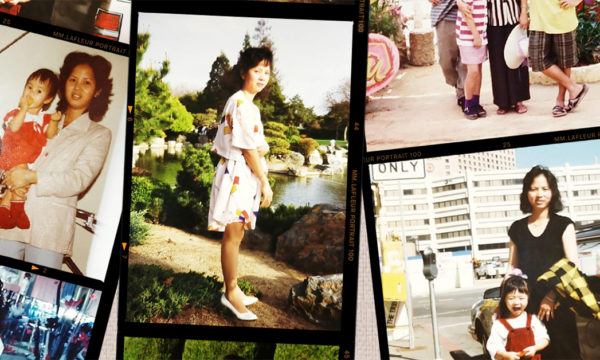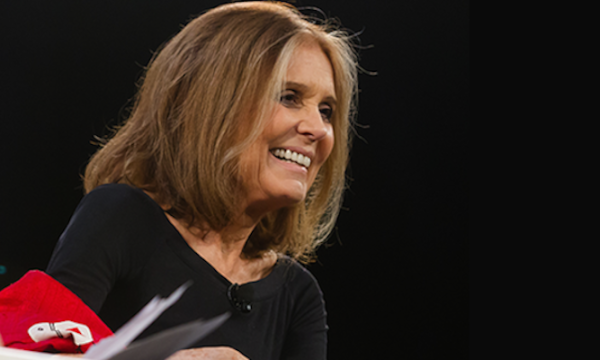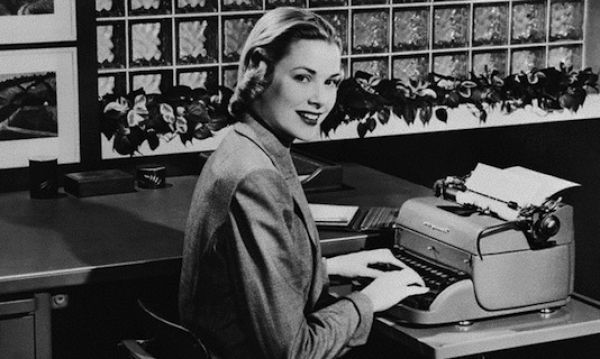On Aging and Beauty
October 03, 2013
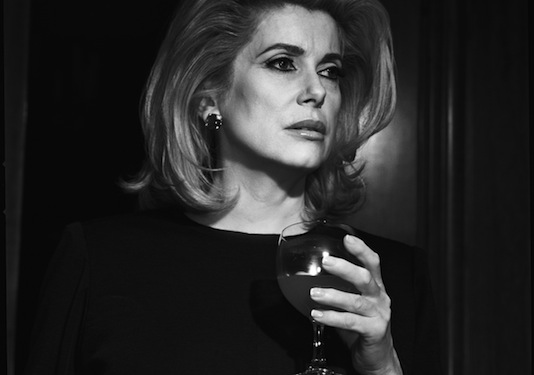
“Only with stupid men does a woman’s intelligence count against her.” I think I literally did a fist pump when I read this line in Andrew O’Hagan‘s article on women, beauty, and aging for the New York Times‘s T blog. It felt like validation for all those times that my not-so-sharp male friends in high school looked at me suspiciously when I tried to challenge them, or told me I was being too intense. It also calls out a certain type of man who sees women as adornments, rather than equals, but that’s another story.
O’Hagan’s piece, in which he discusses the futility of obsessing over youth, is interesting because it’s thought-provoking and disappointing at the same time. He makes a point that, as men age, they become more admired and less concerned with their looks; for women, it seems to be the opposite. And even though this article is a celebration of women at every age, it still frames the conversation in the same old terms: Is she beautiful?
On the surface, the piece is a celebration of women growing into a certain kind of confidence with time. To make his point, O’Hara falls back on the now-common notion that French women seem to have mastered the art of aging. Having lived in Paris, I’m of the mind that French women aren’t actually as self-assured as we all seem to think they are; but they do put on a good show of it. The women O’Hagan cites as examples of deeper beauty—Catherine Deneuve, Bérénice Bejo, Léa Seydoux—are all actresses whose living is largely based on their good looks (and all three inevitably have a host of handlers keeping them photo-ready). I’m not sure we should be taking lessons from their graceful battle against the years, especially since Seydoux is only 28.
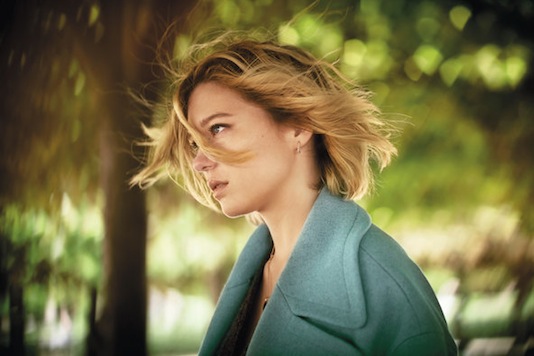
Serge Leblon
By the time I got to the end of the article, the piece’s initial promise had faded. I found one of the final lines to be profoundly disappointing: “Instead, now perhaps we can look at a beautiful woman and know she will be beautiful to the end of her life.”
O’Hagan, like the men he rails against, is still assessing women by how they look. And though he opens the door to a deeper conversation about how beauty is enhanced by intelligence and experience, he remains at the surface, fixated on appearance over substance. He tees up a provocative concept, but then swings in the wrong direction. In the end, he’s still celebrating a pretty face (albeit an older one) above a sharp mind.
– Tory Hoen





